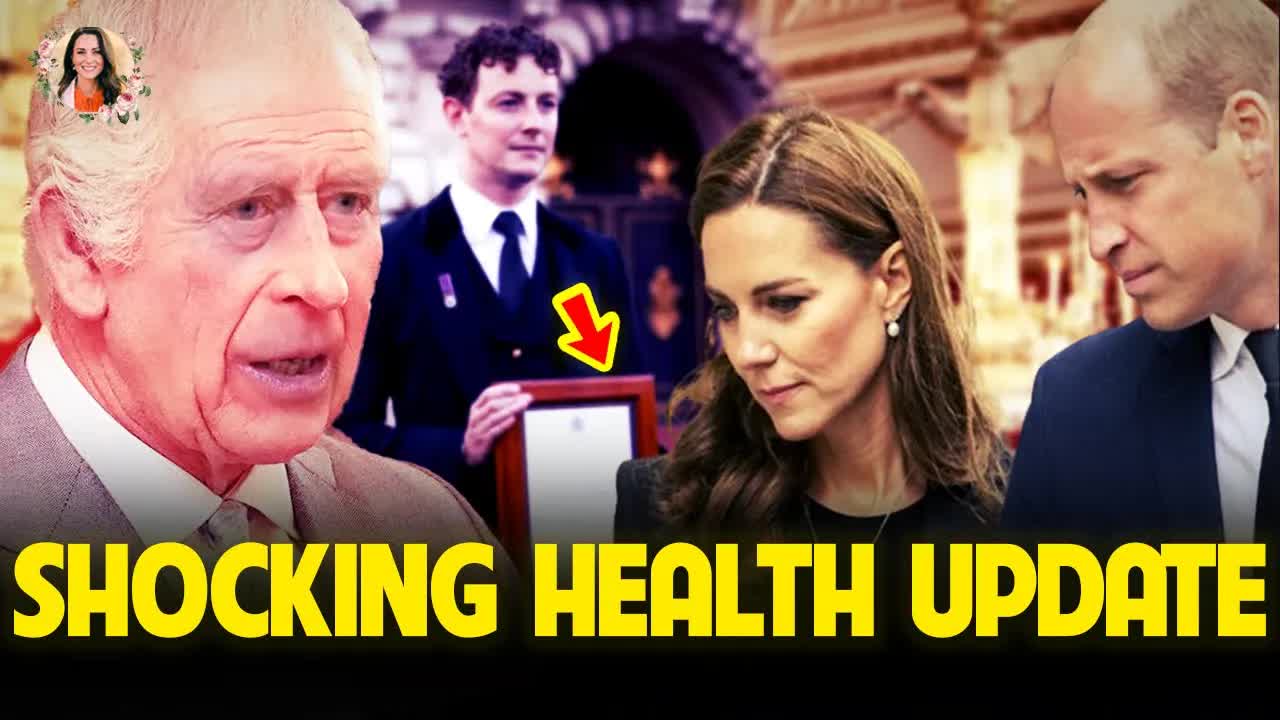Must Read
King Charles III’s Health Sparks Speculation and Concerns Over the Future of the Monarchy
In recent days, a video statement from Princess Catherine of Wales has ignited a flurry of speculation regarding a potential announcement from King Charles III.
Observers are buzzing with theories that this statement could touch on critical issues such as the line of succession, a possible regency, or even the unthinkable—an abdication.
Media outlets, both in Britain and abroad, are offering a kaleidoscope of interpretations about the monarchy's future, leaving many to wonder if we're gearing up for something significant, or if these anticipations might be misplaced.
Despite being officially on vacation at Balmoral Castle, King Charles's responsibilities seem to follow him relentlessly.
Reports suggest that Queen Camilla is feeling the strain as her husband battles cancer, which has led to a growing concern over his workload.
A close friend of the king remarked that there's little point in being a monarch if one isn't actively engaged in the role.
The sentiment reflects an understanding that if Charles were to take a step back and wallow in his illness, it could negatively impact morale within the royal family and beyond.
However, the situation is far from typical.
Insider accounts reveal that King Charles is not in his usual element.
Instead of residing in the grand 167-room castle, he and Queen Camilla have opted for the more intimate Burke Hall, a residence they became familiar with during the pandemic.
This shift has raised eyebrows among royal watchers who are understandably concerned about the king's health.
Questions abound regarding the specifics of his treatment and why he hasn't shown signs of hair loss, leading to further speculation about the type of cancer he is facing.
As the king's health becomes a topic of public interest, insiders have begun to share insights into his recovery journey, urging caution regarding his demanding schedule.
There's increasing anxiety surrounding an upcoming overseas tour to Australia and Samoa set for October.
Officially, King Charles began his holiday at Balmoral last week, but just days later, he was seen traveling to Southport to pay respects to the families of two young victims of a tragic incident during a Taylor Swift dance class.
Following his visit to Southport, the king returned to London for what was reported to be a cancer treatment session before heading back to Balmoral.
This whirlwind of travel—covering extensive distances across the UK—has raised concerns given his age and serious health condition.
Queen Camilla has publicly expressed her worries, urging her husband to take it easy and prioritize his recovery.
In a somewhat light-hearted manner, she has asked well-wishers to encourage Charles to slow down, yet her playful tone belies genuine concern about his commitment to his royal duties over his health.
Observers believe that Prince William could have easily stepped in for his father during the Southport engagement, highlighting the need for the king to delegate responsibilities.
Despite admiration for how bravely King Charles has handled the challenges of the past six months, it is evident that he is not at his best.
His physical appearance alone suggests that he is grappling with significant health issues, and the precarious nature of cancer means that things can deteriorate rapidly.
Meanwhile, back at Sandringham, where he often seeks solace in the countryside, King Charles continues to work behind the scenes.
The royal family, unique in its circumstances, faces pressing questions about the future.
With the recent passing of Queen Elizabeth II still fresh in the minds of the public, the monarchy is navigating uncharted waters.
The monarchy has already slimmed down, and with public engagements increasingly being taken on by older members of the royal family, the public is left wondering who will fill the void if the king becomes unable to fulfill his duties.
As the nation watches closely, the future of the British crown hangs in a delicate balance, reflecting the hopes and anxieties of a country in transition.




































